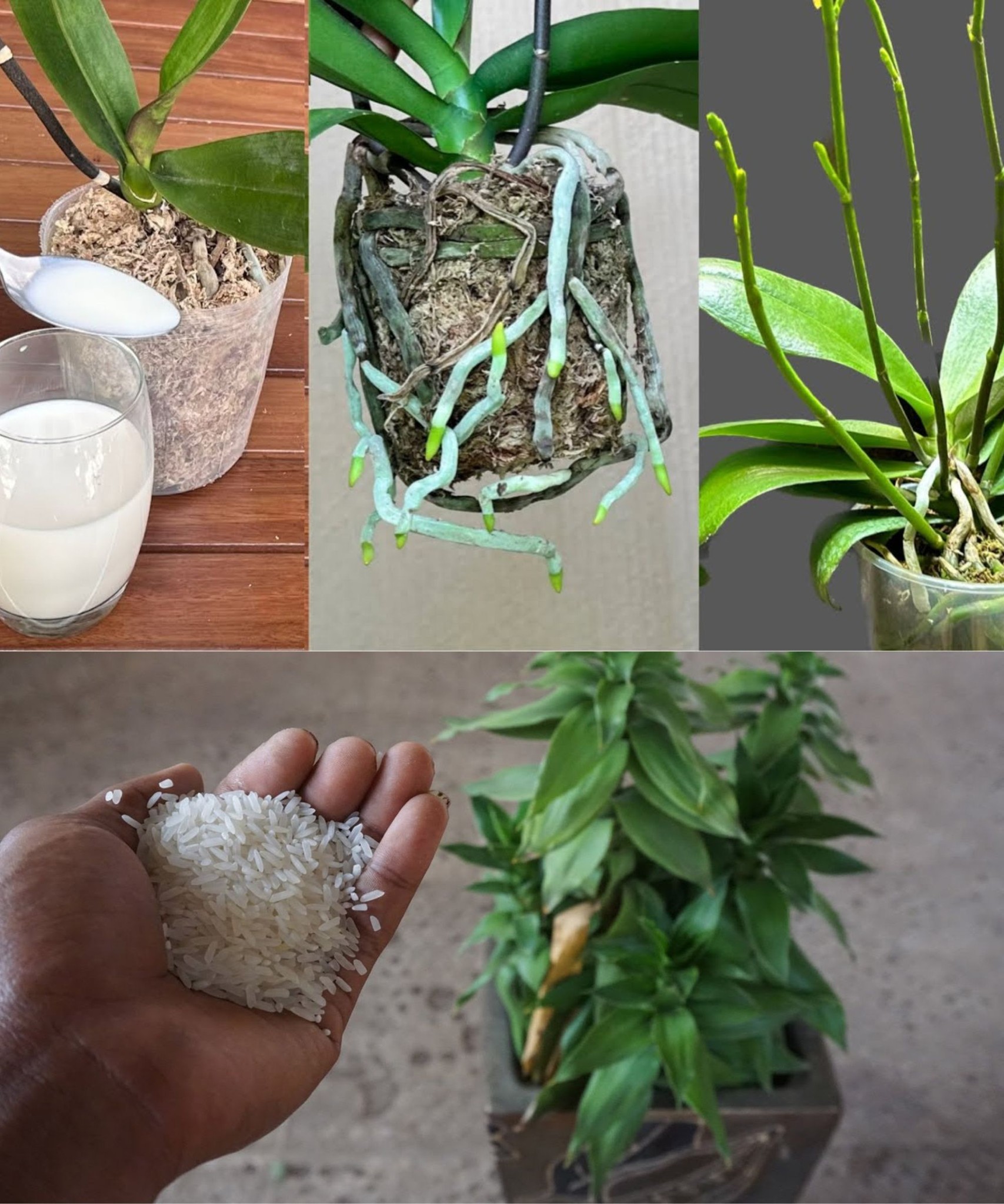
Creating your own organic fertilizers at home can be a cost-effective and sustainable way to boost plant growth. Many kitchen ingredients contain nutrients that are beneficial for plants. Here are some DIY organic fertilizer recipes using common kitchen items:
1. Banana Peel Fertilizer:
- Collect banana peels.
- Chop them into small pieces.
- Mix the peels with water in a blender.
- Pour the banana peel mixture around the base of your plants.
Bananas are rich in potassium, which promotes flowering and fruiting.
2. Eggshell Fertilizer:
- Save and wash eggshells.
- Crush them into small pieces.
- Sprinkle the crushed eggshells around your plants.
Eggshells provide calcium, which is essential for strong cell walls and overall plant health.
3. Coffee Grounds Fertilizer:
- Used coffee grounds can be sprinkled directly around plants or added to the compost.
- Coffee grounds are a good source of nitrogen, which supports leafy green growth.
4. Fish Tank Water Fertilizer:
- If you have a fish tank, save the water during cleaning.
- Dilute the fish tank water with fresh water.
- Water your plants with this nutrient-rich mixture.
Fish tank water is an excellent source of nitrogen, phosphorus, and trace minerals.
5. Vegetable Scrap Fertilizer:
- Collect vegetable scraps like carrot tops, potato peels, and other kitchen waste.
- Blend them with water to create a vegetable scrap puree.
- Pour the mixture around your plants.
This homemade fertilizer provides a variety of nutrients as the vegetables decompose.
6. Molasses Fertilizer:
- Mix one tablespoon of molasses with a gallon of water.
- Use this mixture to water your plants.
Molasses contains sugars that feed beneficial microorganisms in the soil, improving nutrient availability.
7. Weed Tea Fertilizer:
- Collect weeds (without seeds) and soak them in water for a few weeks.
- Strain the liquid and use it to water your plants.
Weeds can accumulate various nutrients, and this “weed tea” provides a nutrient-rich liquid fertilizer.
Tips:
- Apply these fertilizers sparingly to avoid over-fertilization.
- Always dilute concentrated mixtures to prevent damage to plants.
- Test the pH of your soil before using homemade fertilizers to ensure they are suitable for your plants.
Remember to observe your plants’ response and adjust your fertilization routine accordingly. Homemade organic fertilizers contribute to a healthy and sustainable gardening approach.
